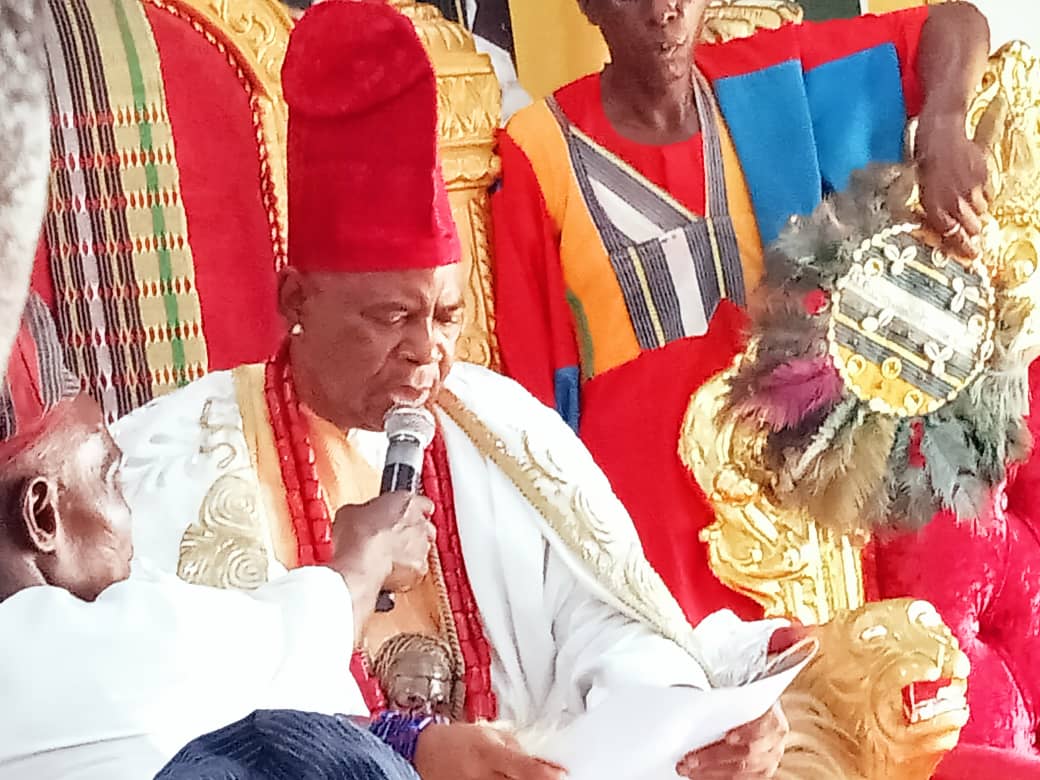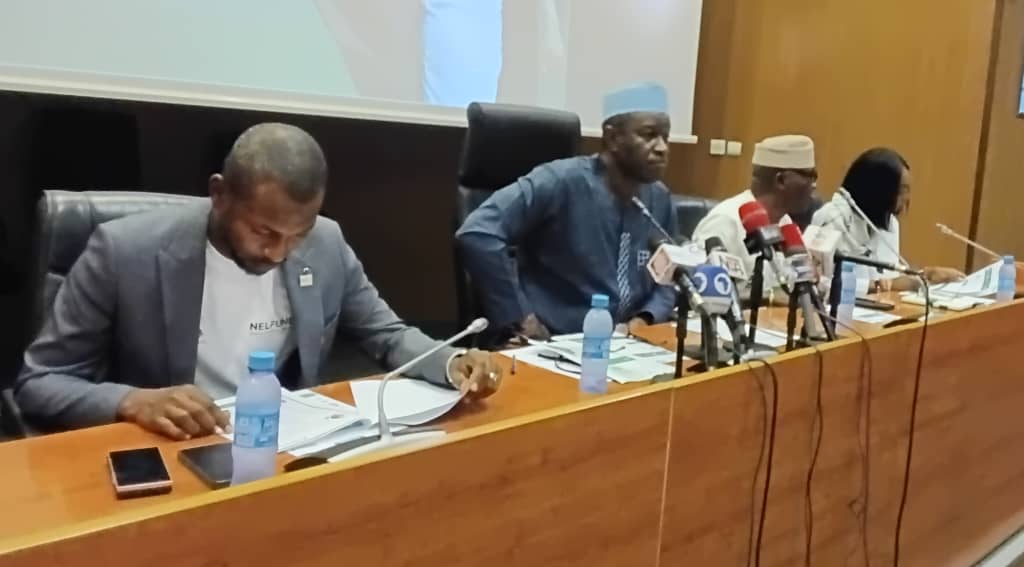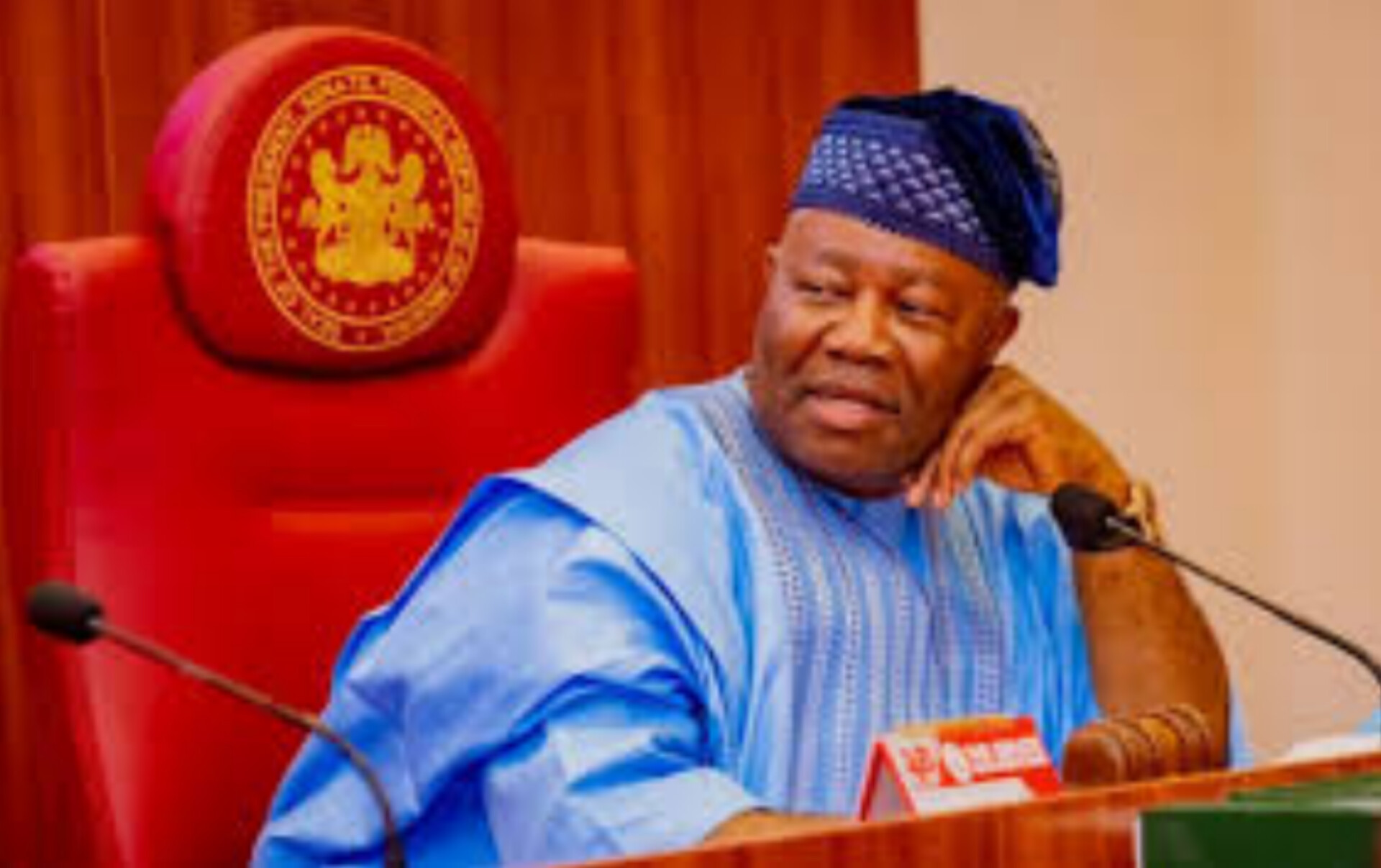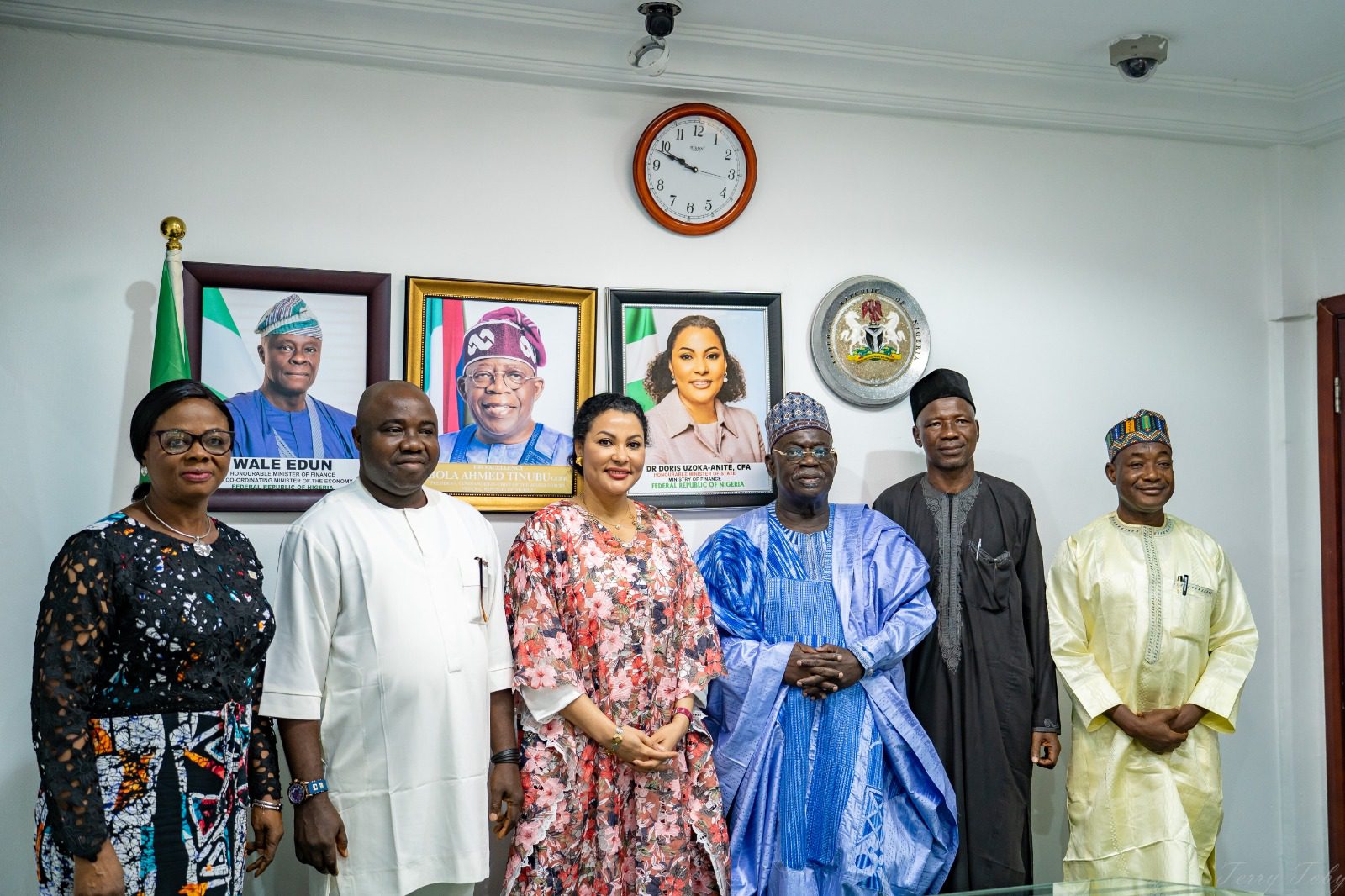By Friday Idachaba
It is widely believed that an inclusive governance is only possible when stakeholders sit at the decision-making tables and contribute to planning for national development in policies and programmes and as well, proffer solutions to national challenges.
Analysts have often expressed the opinion that when critical sectors are denied inclusion and left out of the decision making process, implementation of policies and programmes made on their behalf more often, are hampered making attainment of aims and objectives less feasible.


This, according to observers and political analysts, account for the seeming ineptitude in addressing the numerous national challenges such as insecurity, crime and criminality, economic and social hiccups, climatic vagaries and other problems plaguing the nation.
Agitations for clearly defined constitutional roles for the traditional institution and the Royal Fathers in Nigeria to pave way for their inclusion in policy making processes have been on for a long time.
That lack of legally provided functions for the traditional rulers, according to analysts, limits their exercise of power and authority on quite a number of issues that they ought to address to keep the their domains and communities safe.
Traditional leaders control vital resources such as land and play a very important role to any service delivery and development strategies to be implemented in the rural areas.
Although they do not have formal political power in the Grundnorm, in many cases they continue to command respect from their people and have considerable influence.
According to Wikipedia, traditional rulers play useful roles in mediating between the people and the state, enhancing national identity, resolving minor conflicts and providing an institutional safety-valve for often inadequate state bureaucracies.
Section 211(2) of the Constitution regards traditional authorities as primary agents of development.
They are seen as the representatives of the community and as such are entrusted with an important responsibility, namely that of harmonising community customs and traditions with the ethos of the Constitution.
These agitations, salient as they could be have often been muffled by successive regimes and administrations.
The squelching policies, often perpetuated and implemented by operators of the three tiers of government have kept traditional Institution in perpetual subjugation.
The traditional rulers have over the years, continued to agitate for constitutional provisions that would accord them their rightful place in policy making, development and governance.
Against this backdrop, Governor Yahaya Adoza Bello of Kogi on Saturday, March 5, at the Coronation and Presentation of Staff of Office to 104 graded, upgraded traditional rulers rose in defence of the Royal Fathers on the need to assign them constitutional responsibilities that would clearly define their position in the polity.
Bello said his administration had scored a high Mark in security of lives and property as well as enabling environment for human and material growth having, since inception, prioritised unity, peace, tranquility, progress and development.
He said all these couldn’t have been possible without the cooperation, understanding and support of the traditional rulers starting from the Attah Igala, the Ohinoyi of Ebira land, the Ohimege Koton-Karfe, the Obaro of Kabba and all other paramount rulers including the recently upgraded traditional rulers.
“We should be able to recognized them even as the fourth tier of government and I will continue to send that message across even to the National Assembly.
“If we don’t include them in government activities then we are not ready to enjoy the desired peace, safety and development in our land .
“Our traditional rulers are the owners of the land, they know every inch of our land, they own it and every crime committed are being perpetrated on the land and not in the air at all.
“And since they are the owners of the land any crime and criminalities that takes place in their domains they should be able to know the perpetrators.
“If Government refused to include them in its activities how can crime and criminalities be tackled. It is evidently clear that I could not have succeeded in the fight against criminalities in the state without their cooperation and support”, he said.
Barr. Salami Ozigi Deedat, the state Commissioner for Local Government and Chieftaincy Affairs, speaking in same veing, said Governor Yahaya Bello’s administration had given the traditional institution its rightful place in the state.
“The traditional rulers, being the custodians of our culture and tradition, need to be given priority attention which the New Direction Government has done since its inception six years ago.
“The government also places high premium on the traditional rulers in the state which has accounted for the continued review of the structure of our chieftaincy institution by positioning it to be more effective and responsive through the engagement of programmes”, Deedat said.
The Commissioner held that by placing the traditional Institution in it’s rightful position in governance, “Without an iota of doubt in the last six years, this administration has transformed the socio-economic, political and traditional landscape of the state.
He said that state government had ensured fairness, equity and justice in achieving its set goals adding that it was therefore, instructive and expedient for the traditional rulers to actively participate in the activities of their respective councils.
“As traditional rulers you are expected to ensure there is peace and tranquility in your domain and also ensure the rule of law prevails in the course of discharging your official duties.
“You will be held accountable for any breach of peace and security in your domain. Kogi state is known to be the most peaceful and secured state in Nigeria and you must join hand to sustain that feat”, he further admonished them.
The Ohiniye of Ebiraland, Alhaji (Dr Ado Ibrahim) also speaking, said, I as a father I shall always asked my couleages to respect government in power.
The State has put a bigger challenge before us, that we should at all time do the right thing to sustain the absolute peace the people of the state have been enjoying in the last six years.
The Obaro of Kabba, Oba Michael Owoniyi thanked Governor Bello for believing in the traditional Institution and standing by them to do the needful and address challenges facing the traditional Institution in the state.
The Sultan of Sokoto, Alhaji Muhammadu Sa’ad Abubakar, charged the newly appointed, graded and upgraded royal fathers to girt their loins to do more saying, “To whom more is given, more is expected.
The Sultan who was represented by the Etsu Nupe, Alhaji Yahaya Abubakar said the presentation of Staff of Office was another gesture by the government telling them they needed to do more.
“We all know by history that traditional institutions stand the best in terms of administration, knowing people, understanding people and know that they are supposed to do and at what time.
Highlight of the occasion was the presentation of Staff of Office to 104 newly approved, graded and upgraded traditional rulers, comprising 31 First Class, 30 Second Class and 43 Third Class Chiefs.
The Eje of Ofu, Alhaji Akwu Obaje had declared on behalf of other traditional rulers that, urged that necessary steps be taken to assign constitutionally backed functions to the traditional institution to enable them contribute their quota effectively.
“We will stand by the Governor to do the needful in the interest of our people who are also looking unto us for a peaceful and secured society”, he said.
From the position of the governor and the traditional rulers on the issue of constitutional roles for the traditional institution, the age long agitation sought to be put to rest by the National Assembly rising to the challenge.
It is expedient for both Chambers of the National Assembly to initiate bills that would specify the essence and roles of traditional rulers as custodians of culture and tradition and modifiers of cultural practices among the people.
The legislation should also be able to define their limits or latitude in conflict mediation, maintenance of security, channels of communication between their members and the government, control and regulation of traditional titles among others, rather than limiting them to playing mere advisory roles. (Ends)




